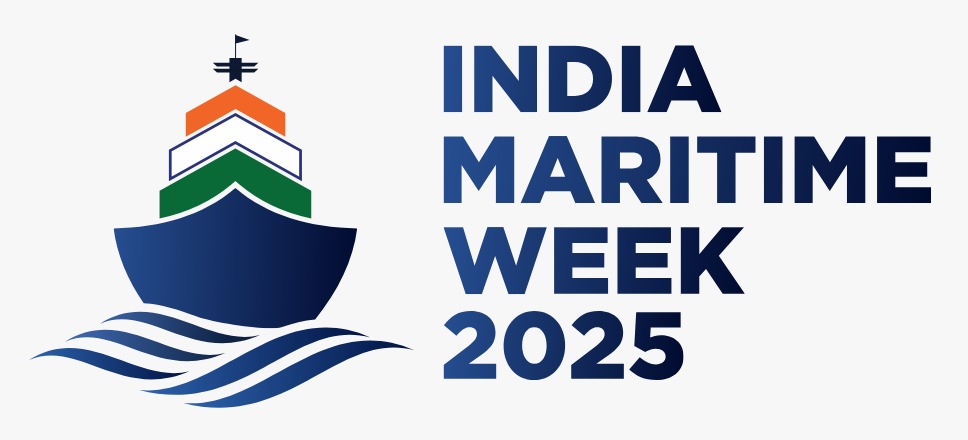Challenges in the Development and Regulation of Non-Major Ports
The Gujarat Maritime Board (GMB) has long been recognized as a pioneering institution in the Indian maritime sector, credited with managing the state’s extensive coastline and overseeing the development of non-major ports. However, despite its early successes, the GMB has faced significant challenges in recent years that have hampered its ability to effectively develop and regulate non-major ports. These challenges have led to a growing concern about the board’s effectiveness and its ability to keep pace with the dynamic needs of the maritime industry.
Early Successes and the Evolving Maritime Landscape
Initially, the GMB was lauded for its innovative approach in transforming Gujarat into a leading maritime state. The establishment of non-major ports under its jurisdiction significantly contributed to the state’s economic growth, enhancing Gujarat’s stature as a hub for maritime trade and industry.
However, the maritime landscape has evolved rapidly, with increasing competition, technological advancements, and the growing complexity of global supply chains. In this context, the GMB’s traditional strategies and operational models have struggled to keep up, leading to several key areas of failure.
Key Failures and Challenges
- Inadequate Infrastructure Development
Example: The Mundra and Pipavav ports, while thriving as private entities, highlight the stark contrast with many of the non-major ports under GMB’s purview. Ports like Magdalla and Dahej have faced delays in infrastructure upgrades, causing them to lag in operational efficiency and cargo handling capacity.
Reason: A lack of timely investment and bureaucratic delays have stifled the growth potential of these ports. Additionally, the slow adoption of modern technologies and automation has further exacerbated inefficiencies.
- Regulatory and Governance Issues
Example: The Hazira port, which has seen disputes over environmental clearances and land acquisition issues, illustrates the challenges GMB faces in balancing regulatory compliance with developmental needs.
Reason: GMB’s regulatory framework has been criticized for being overly complex and inconsistent, leading to delays in project approvals and a reluctance among investors. The board’s inability to streamline processes has resulted in missed opportunities for port development.
- Limited Stakeholder Engagement
Example: The Alang Ship Recycling Yard, while a significant contributor to the maritime economy, has faced criticism for its outdated practices and poor working conditions. This has been partly attributed to GMB’s limited engagement with industry stakeholders and international bodies advocating for sustainable practices.
Reason: A disconnect between GMB and various stakeholders, including private operators, local communities, and environmental groups, has led to fragmented efforts and missed opportunities for collaboration and innovation.
- Economic and Competitive Pressures
Example: The rise of major private ports like JNPT and Adani’s port network has drawn significant business away from GMB-managed ports. The board’s ports have struggled to compete on both pricing and service quality.
Reason: GMB’s non-major ports often suffer from higher logistical costs and lower operational efficiency, making them less attractive to shippers and traders compared to their private counterparts.
Coping Strategies and Path Forward
To overcome these challenges, the Gujarat Maritime Board must undertake several strategic initiatives:
- Infrastructure Modernization
Accelerate the adoption of state-of-the-art technology and automation across all non-major ports. Establishing public-private partnerships (PPPs) for infrastructure upgrades can provide the necessary capital and expertise.
- Regulatory Reforms
Simplify the regulatory framework to reduce bureaucratic delays. Implementing a transparent and predictable policy environment will encourage greater private sector participation and investment.
- Enhanced Stakeholder Collaboration
Engage more actively with all stakeholders, including private port operators, shipping companies, local communities, and environmental groups. Establishing forums for regular dialogue can help align interests and foster cooperative development efforts.
- Focus on Sustainability
Integrate sustainable practices into port operations, especially at facilities like Alang. This includes adopting green technologies and ensuring compliance with international environmental standards, which can open up new avenues for growth and investment.
- Diversification of Services
Beyond traditional cargo handling, GMB should explore opportunities in value-added services, logistics, and maritime tourism to create new revenue streams and reduce dependency on traditional port activities.
The Gujarat Maritime Board’s inability to keep pace with the demands of the modern maritime industry highlights the need for significant reforms and a strategic shift in focus. By addressing these challenges head-on and implementing forward-thinking solutions, the GMB can rejuvenate its non-major ports and reclaim its position as a leader in the Indian maritime sector. The path forward requires collaboration, innovation, and a commitment to sustainable growth, ensuring that Gujarat’s ports continue to contribute to the state’s and the nation’s economic prosperity.




GMB should enhance the cooperation among the stakeholders and make the policies that matches with the need of local community as well as industry. There are only governmental mindset in GMB which prohibits the further development of the Hazira area. The GMB is not thinking about sustainable solutions and long term policies rather than short term solutions and policies. Environmental issues needs to be addressed in Magdalla Port and Hazira region.